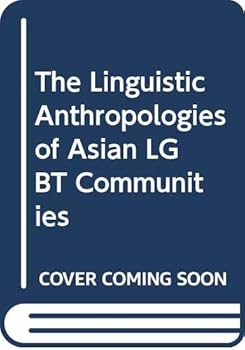The Linguistic Anthropologies of Asian LGBT Communities
This book compares the language uses and linguistic repertoires of groups qualified by their sexuality as deviants, and commonly designated to be LGBT (Lesbian, Gay, Bisexual, Transgender, Transvestite, Transsexual) groups in their respective communities in Asia, particularly in the following cities: Kuala Lumpur, Tokyo, Hong Kong, Bangkok and Seoul.Through a comparative study of the languages of each of these groups, the book uncovers ways in which the languages indicate influence from Asian enculturations, and sociolinguistic and linguistic anthropological characteristics unique to each group, and possibly to each speaker, whereby members of these groups position themselves to contest multiple oppressive discourses. Through this approach, the work questions and discusses reductionist labels afforded to these groups. Also, through this approach, the monograph attempts to expose and explore both sexual deviances as norms, conceptions of what constitutes sexual deviance, and what constitutes the norm, but from a linguistic perspective.





